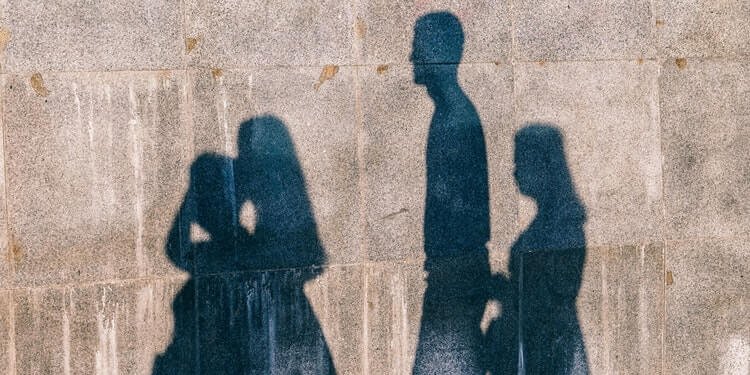This article originally appeared in the Deseret News.
Growing up in Utah, I was taught that nothing mattered more than family. Through songs, religious activities and the phrase “families are forever” displayed in framed needlepoint, I understood from a young age how much families being together meant to Utahns. This was as much of a fundamental core value when the pioneers settled here as it was when I was a child, or as it is today. Given these beliefs, it is troubling that recent immigration policies are breaking Utah families apart. Since 2016, deportations in the Salt Lake City area of responsibility have more than doubled, with immigration arrests increasing 24 percent, according to U.S. Immigration Customs Enforcement Agency.
This increase in deportations is due to a shift in focus for ICE. Instead of prioritizing violent offenders, ICE is targeting those easier to locate because they are less dangerous and expensive to apprehend, including parents and children in stable families. These families are low public safety risks who are paying their taxes, checking in with immigration officers and renewing their driving privilege cards. Our communities are not made safer by tearing these families apart. This increase in deportations escalates family separations as a consequence, and often parents or caregivers who are undocumented have no choice but to leave their citizen-children behind. Data from the Migration Policy Institute shows, as of 2016, 38 percent of Utah’s undocumented immigrants lived with at least one citizen-child under 18, and we have 45,000 citizen-children with undocumented parents and siblings.
Multiple studies, including in the Journal of Community Psychology, report that separation due to deportation is associated with housing instability, food insecurity and economic hardship, often lead to older citizen-children becoming the primary caregivers of younger siblings, which impacts their educational attendance and performance. This leads to children experiencing behavioral issues such as anxiety, eating disorders and anger. These negative impacts can affect the entire community — after immigration raids, community members have reported feeling more distrust and fear towards public institutions, which results in lowered participation in church, school and social services.
These separations also negatively impact Utah’s economy and workforce. It is estimatedthat 75,000 undocumented immigrants contribute to Utah’s workforce with 74 percenthaving family incomes above the poverty level, 71 percent of those 16 and older being employed, and 43 percent being homeowners. Immigrants contribute to Utah more than just in terms of the economy and workforce. I have experienced this firsthand as the daughter of an immigrant; my mother came to America with my father, an American Naval soldier, in 1980. She and her sister opened two Italian restaurants in Ogden while my mother received a Masters of Education, teaching Spanish and English as a second language at Ben Lomond and Ogden High School.1
She later became the ESL specialist for the State Board of Education and director of Math Engineering and Science Achievement at a national level. The work she does now impacts thousands of Utah children who strengthen our state’s prosperity. I cannot help but look at my mother’s success story and think how different our family’s story would be if she had not been given the opportunity to work and live in this state. Where would I be now if I had been separated from my mother due to deportation? How can Utah justify the separation of these families? And more importantly, how can we as citizens, who claim to believe in family togetherness, stand idly by while it happens? It’s clear these families positively contribute to Utah, and if Utah believes families should be together, we cannot accept these separations. I urge you to contact your representatives and explain how much Utahns believe families should not be separated.
This article originally appeared in the Deseret News.
Kelcy is a political science and anthropology student at Weber State University. She is a legislative intern at Alliance for a Better Utah.

